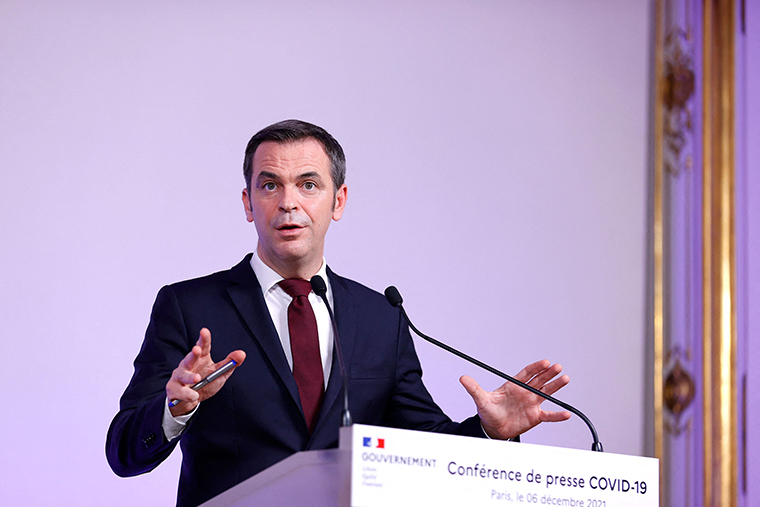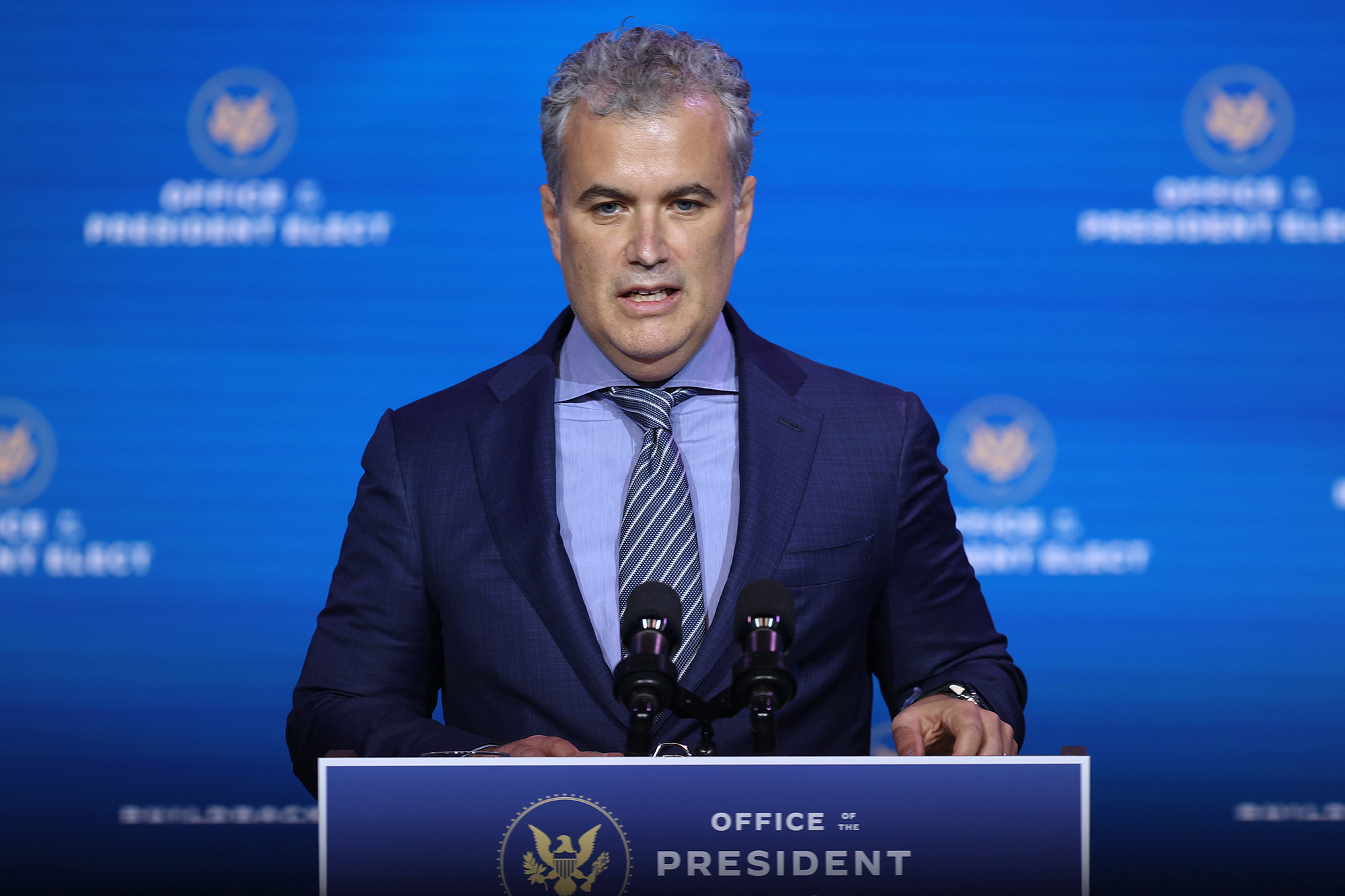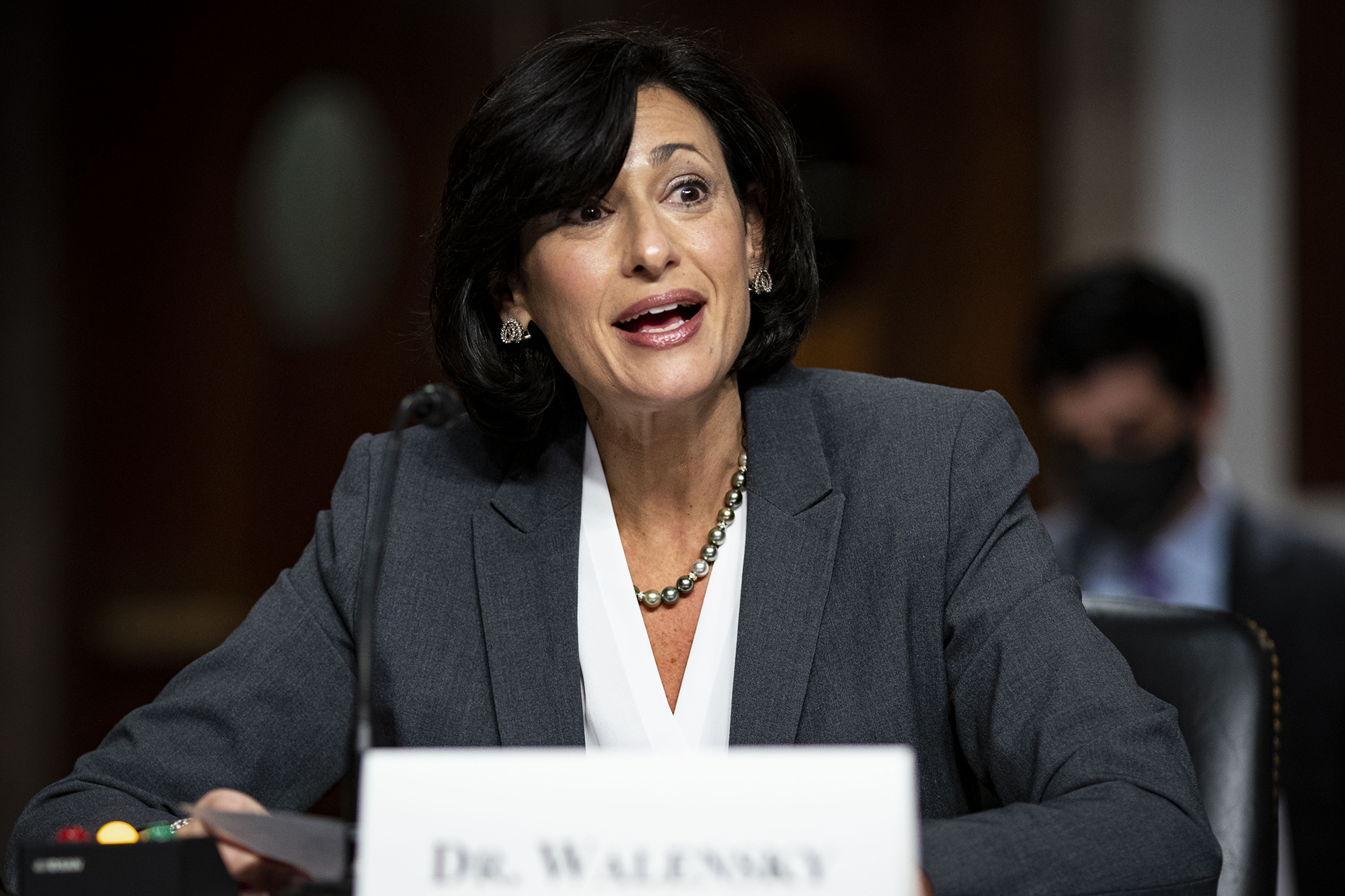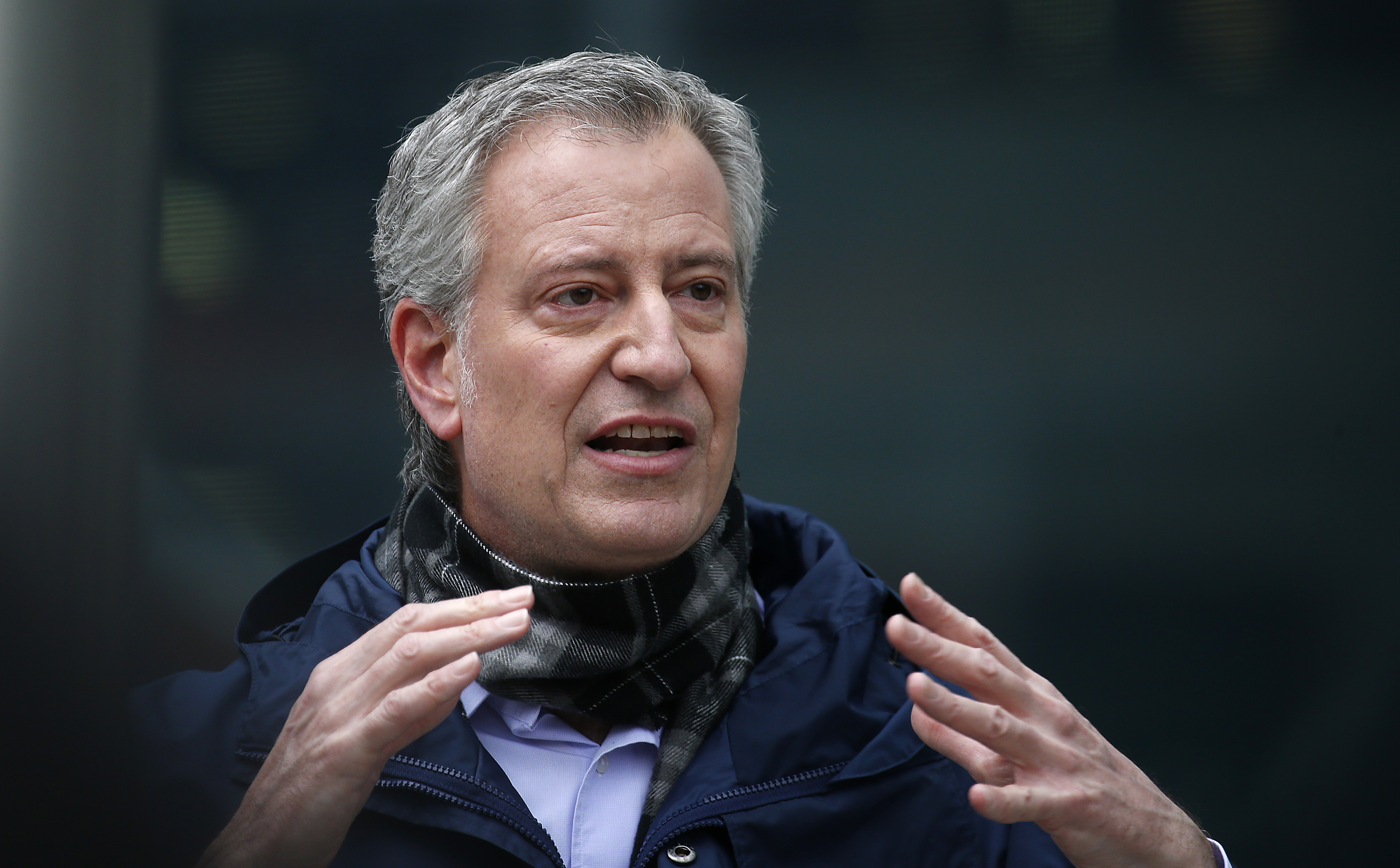There are still some key unanswered questions about the Omicron coronavirus variant, but emerging evidence appears to hold clues to the virus' transmissibility and severity, National Institute of Allergy and Infectious Diseases Director Dr. Anthony Fauci said during a virtual White House briefing Tuesday.
"If one looks at the transmissibility, we have molecular evidence to suggest that the mutations that are seen in Omicron and in other variants would suggest that they are associated with increased infectivity. Real-world evidence is accumulating rapidly – literally on a daily basis – to allow us to determine increase in cases, possible increase in reproductive number and the rapid replacement of Delta by Omicron in certain situations," Fauci said, referring to data from South Africa.
While it's still too early to be able to determine the precise severity of disease caused by the Omicron variant, "it appears that with the cases that are seen, we are not seeing a very severe profile of disease," Fauci said, adding that a study from South Africa shows that there appears to be "an increased propensity for reinfection" with Omicron among people who were previously infected with other coronavirus variants, such as Beta and Delta.
The world can expect to learn more about the Omicron variant in the next couple of weeks, Fauci told CNN's Betsy Klein during the briefing.
"Most of the data on the severity will likely come first from South Africa, because of the volume of cases that they have. Given severity, hospitalization and death are always lagging indicators, I would imagine it will take at least another couple of weeks before we have a good handle and then a really good handle a few weeks thereafter," Fauci said. "So, I would say we shouldn't be making any definitive conclusions, certainly not before the next couple of weeks."












